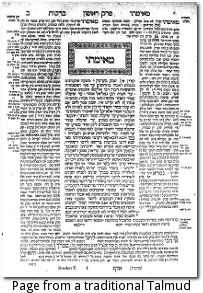Becoming a True Christian Scholar: Some Recommendations, Part 2
 Reprinted with permission from As I See It. AISI is sent free to all who request it by writing to the editor at [email protected]. Read Part 1.
Reprinted with permission from As I See It. AISI is sent free to all who request it by writing to the editor at [email protected]. Read Part 1.
Recommended areas of study
Beginning in 1977, I have been more or less continually involved in the educating of men in or preparing for the ministry in a variety of Bible colleges, seminaries, and Bible institutes, besides seeking to educate myself as well, and have concluded that certain areas of study will yield the greatest benefits, if diligently pursued, to those seeking to become well-prepared and useful Bible scholars. What specific areas of study would I recommend for a budding young scholar-in-training who wishes to maximize his usefulness in the service of God?
Of course, a general Bible course in college and seminary or graduate school is presumed, but specifically in such a course, I strongly urge, even insist, that for a scholar-in-training, there is no substitute or alternative to knowing and knowing competently well both Greek and Hebrew, as well as Aramaic, the three Biblical languages. There is no getting around it: the Bible was originally written in these three ancient languages, and if we are to be truly masters of this book (as far as that is humanly possible)—”homo unius libri” [“a man of one book”] as John Wesley famously declared1 he wanted to be—then we simply must study these languages extensively. And that may—in fact, definitely will—require the foregoing of other study and activity to a not inconsiderable extent. Historian and biographer Douglas Southall Freeman wisely affirmed, “In deciding what you’re going to do, your first decision must be what you’re not going to do. To do, you must leave undone.”2 Priorities, priorities.
Nineteenth century Scottish theologian A.M. Fairbairn is quoted by A. T. Robertson in the preface of his A Grammar of the Greek New Testament in the Light of Historical Research as having said, “No man can be a theologian who is not a philologian. He who is no grammarian is no divine,” (4th edition, p. x). Robertson himself adds:
There is nothing like the Greek New Testament to rejuvenate the world, which came out of the Dark Ages with the Greek New Testament in its hand… . The Greek New Testament is the New Testament. All else is translation. Jesus speaks to us out of every page of the Greek. Many of his ipsissima verba are here preserved for us, for our Lord often spoke Greek. To get these words of Jesus it is worth while to plow through any grammar and to keep on to the end. (p. xix)

Discussion